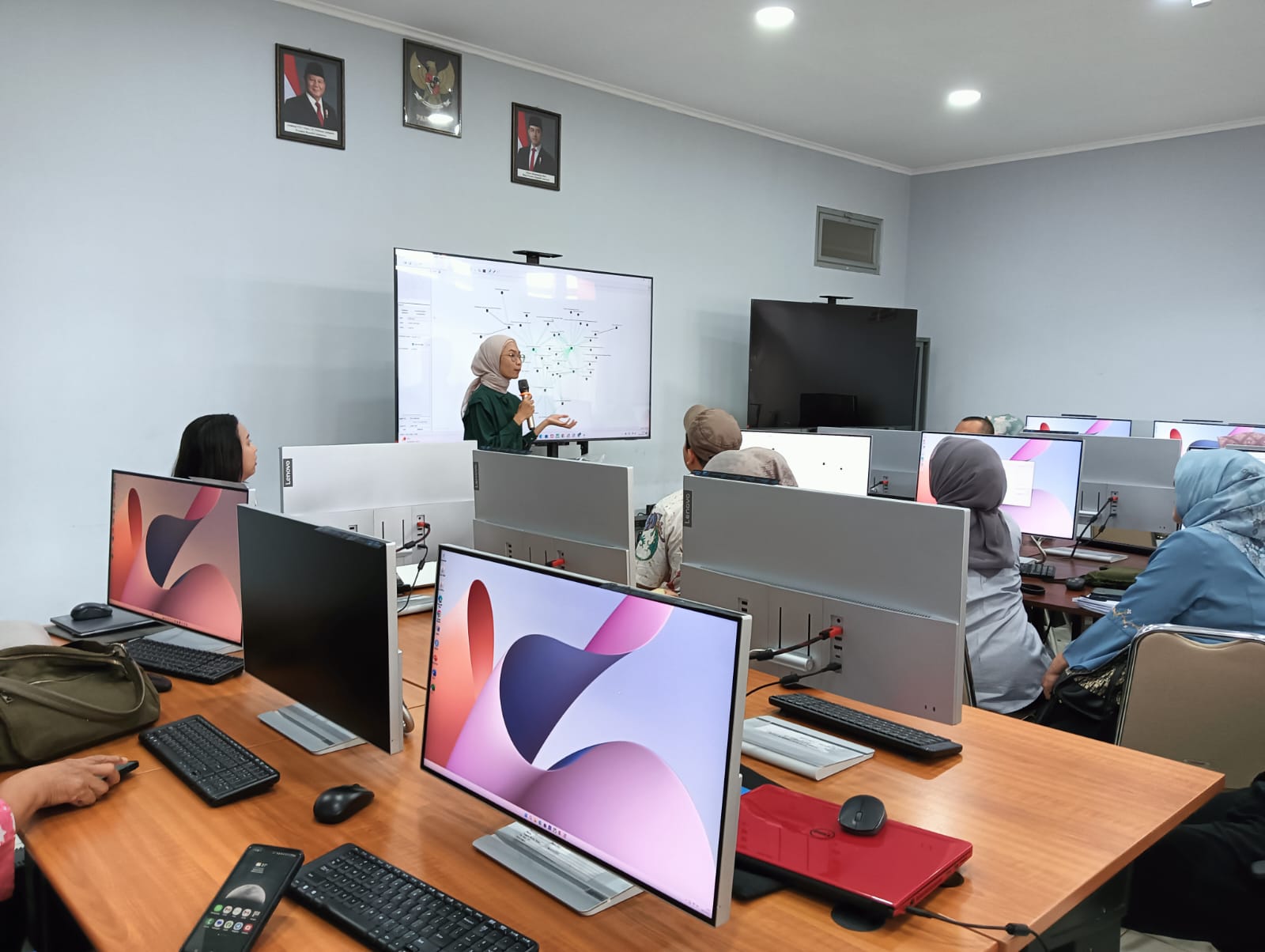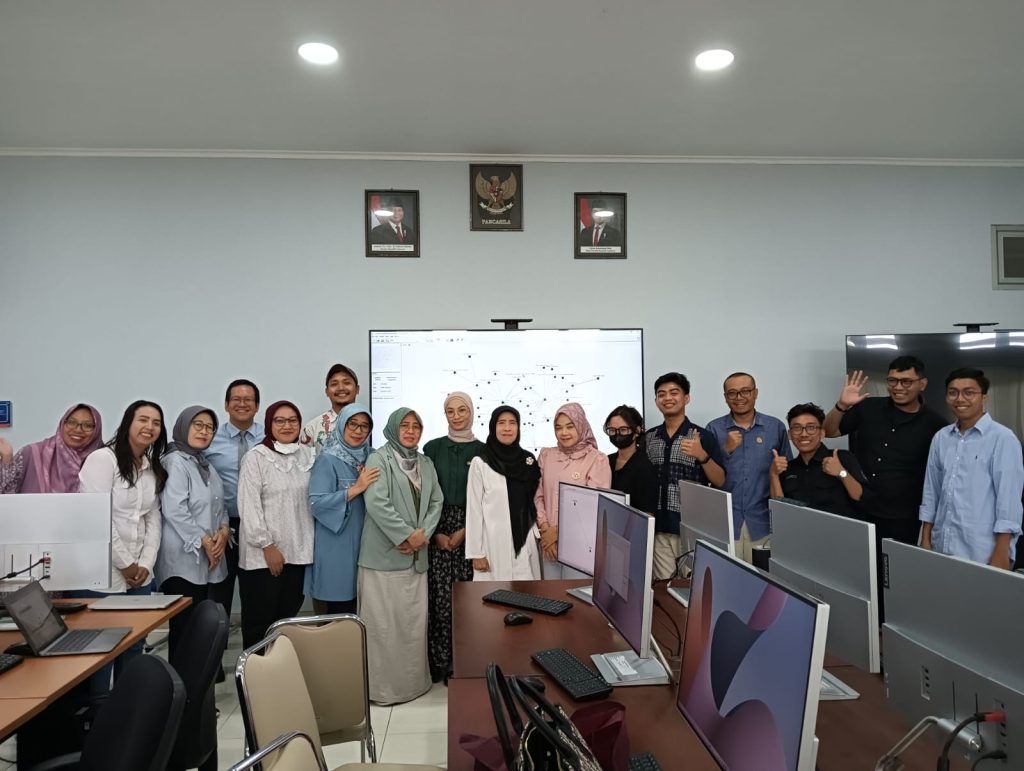Semarang, November 19, 2024 – The Public Policy Data Analysis Laboratory of the Department of Public Administration, Faculty of Social and Political Sciences, Diponegoro University, successfully conducted a training session on Discourse Network Analysis (DNA) software. The training introduced an advanced analytical tool that combines content analysis with social network analysis.
DNA software is designed to help researchers understand the interconnections between ideas, arguments, actors, or concepts within specific contexts, such as public policy, political debates, or social issues. Its versatility makes it an essential tool for research in sociology, political science, communication studies, and other disciplines requiring complex textual interaction analysis.
The training was attended by lecturers from the Department of Public Administration and the Department of Political Science and Government. Participants were highly enthusiastic throughout the session, expressing their appreciation for the initiative. They also proposed that similar training sessions be conducted regularly to support academic growth, particularly in adapting to the ever-evolving field of data analysis.
The participants agreed that proficiency in DNA software would significantly enhance their research capabilities, especially in understanding and mapping relationships between actors and discourses in various public policy and social issues.
This event represents a significant step in improving the academic competence and analytical skills of the lecturers while strengthening the role of the Public Policy Data Analysis Laboratory as a hub for advancing public policy analysis knowledge.





